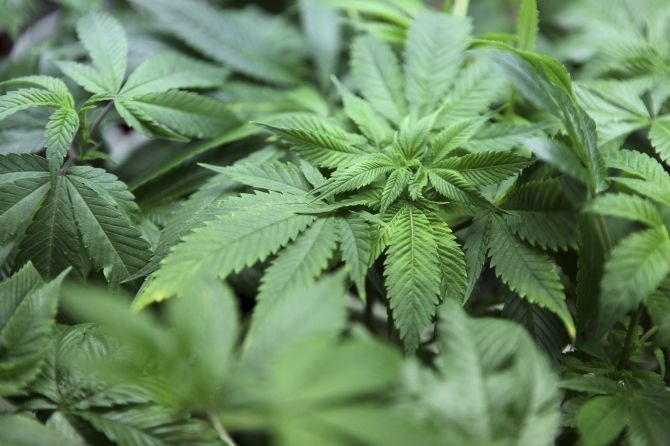Marijuana Psychosis Hospitalizations Increase After Drug Reclassification

If a drug is considered more "illegal" with the threat of a more severe punishment, will people will be more likely to abuse it?
Researchers at the University of York in England, led by Ian Hamilton from the Department of Health Sciences, discovered that in the U.K, the cannabis reclassification to Group B — a higher risk group for controlled substances, making its possession worthy of arrest — was linked to an increase in hospitalizations for marijuana-induced psychosis.
The 2009 reclassification from Group C to Group B was intended to decrease, rather than increase, hospital admissions for cannabis psychosis.
In 1971, the U.K. Misuse of Drugs Act classified certain controlled drugs into three different groups — termed A, B, and C. Each group had its respective criminal sanctions attached, depending on how dangerous the drug was considered. Originally, cannabis was included in Group B but was transferred to Group C in 2004, the lowest risk group that doesn't have a threat of arrest for possession.
The reclassification from Group B to Group C in 2004 aimed to decrease the amount of hours police spent on arrests for cannabis possession, and to allow them to focus instead on controlling more serious offences, including harder drugs. However, due to concerns that high strength cannabis was linked to schizophrenia, cannabis was returned to Group B in 2009.
Heavy cannabis use can trigger psychosis or exacerbate a pre-existing psychotic illness. Symptoms of cannabis psychosis can include hallucinations, paranoia, confusion, and anxiety.
According to a 2008 study published in the British Journal of Psychiatry, adolescents who used cannabis were more likely to develop schizophrenia in adulthood. Other studies have found that there is a correlation between cannabis use and psychotic symptoms, but that this doesn't necessarily mean that cannabis is a cause for psychosis.
"[Our research] is significant as the Government's argument for reclassification was made on the basis that the stronger forms of cannabis known as 'skunk' are more likely to lead to mental health problems such as psychosis," Hamilton, an expert on substance misuse and its connection to mental health, said in a press release. "However, our research challenges this."
While the study showed a statistical correlation between the reclassification of cannabis and hospital admissions for cannabis psychosis, it was in the opposite direction to that which the reclassification intended, Hamilton said, and that the reason for the correlation is still unclear.



























